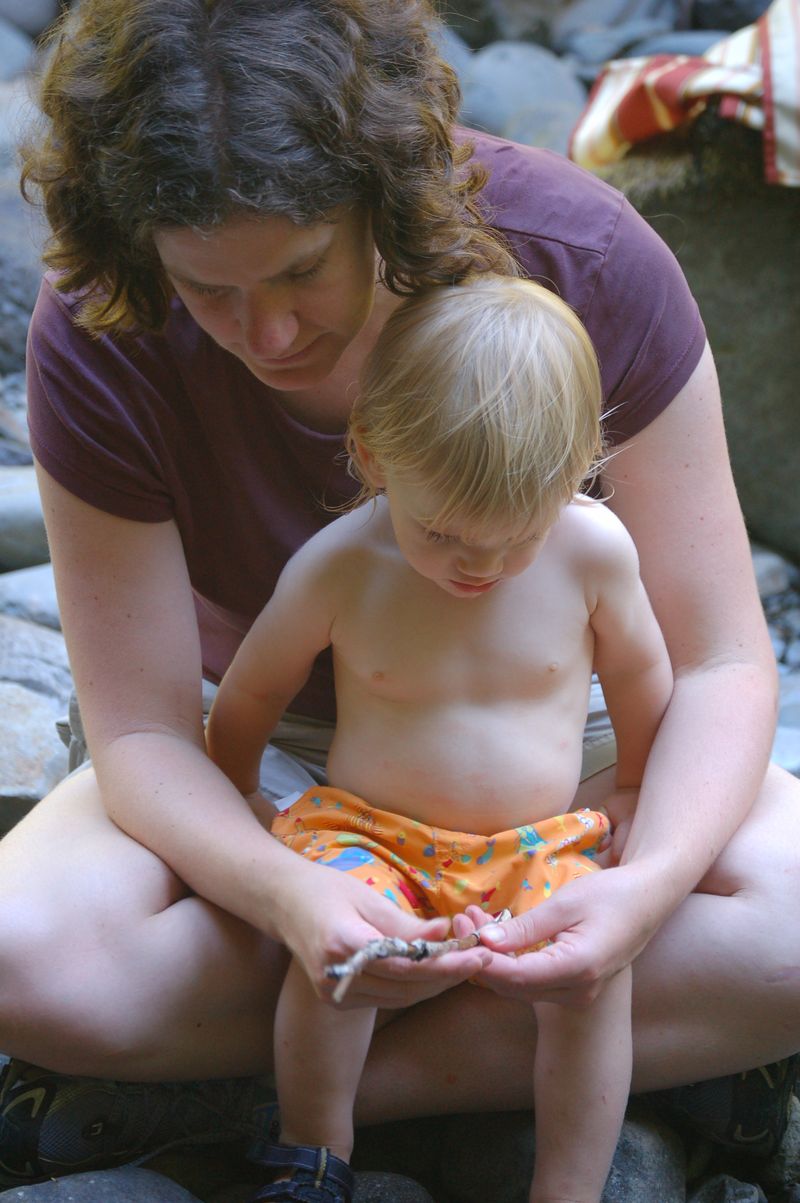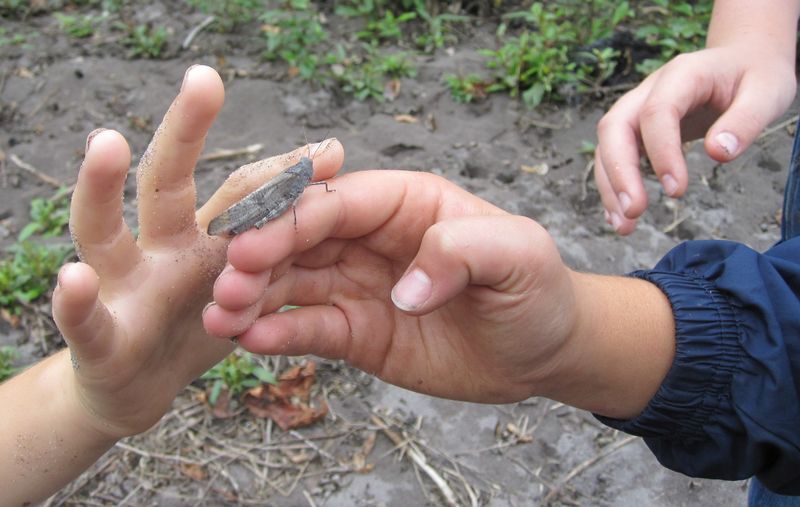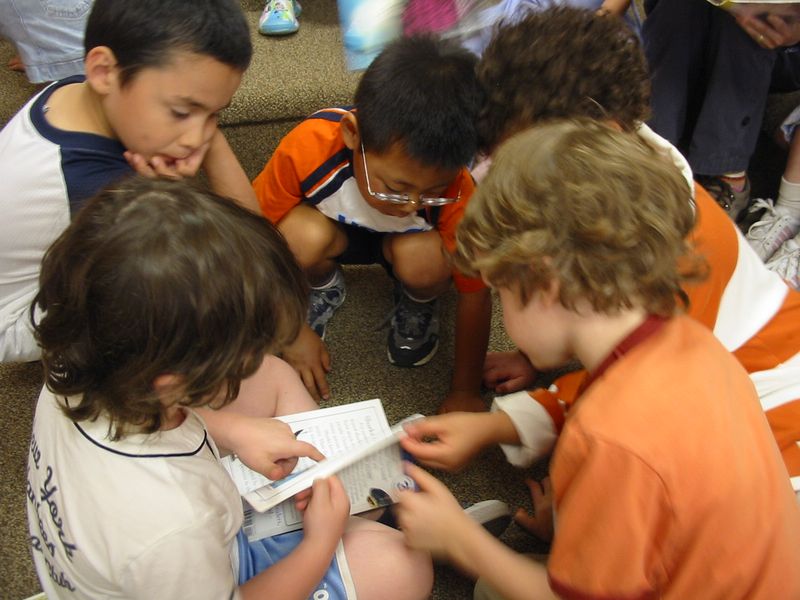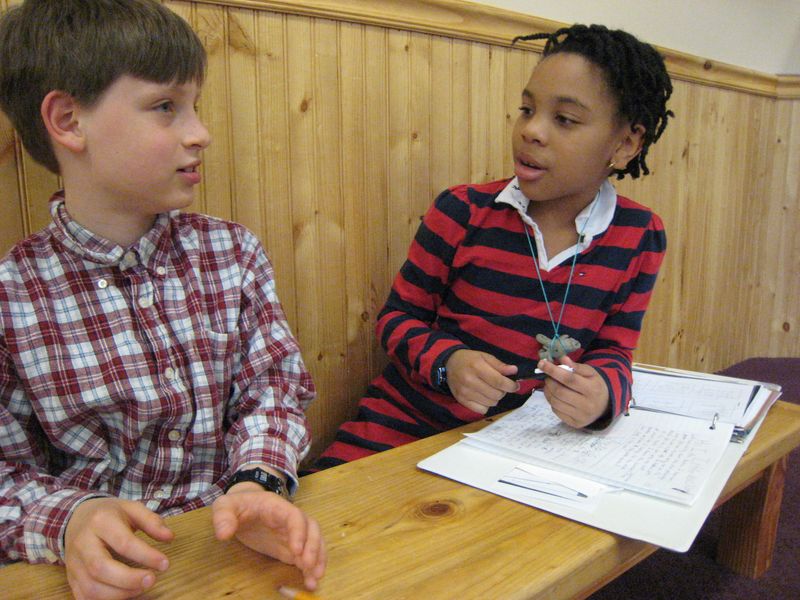The World of Words

Opal School's goals and expectations for developing readers and writers are stated:
Reads the world: explores, ideas and relationships; makes connections between new and known information.
Uses the written and spoken word with increasing proficiency to communicate ideas, relationships and understandings.
Long before children learn to read the words they'll find in books, they learn to read the world. In this sense, learning to read is learning to make meaning of life. Children are natural researchers, searching for meaning in all their interactions. The quality of the meaning they make from their environment is strongly influenced by the relationships they form with people, animals, objects, and the special places that they explore, visit, and revisit.
Human beings are pattern seekers and meaning makers. Words are complicated. Consider this quote from Paolo Friere and Donaldo Macedo:“Reading the world always precedes reading the word, and reading the word implies continually reading the world…. [T]his movement from the word to the world is always present; even the spoken word flows from our reading of the world. In a way, however, we can go further and say that reading the word is not preceded merely by reading the world, but by a certain form of writing it or rewriting it, that is, of transforming it by means of conscious, practical work. For me, this dynamic movement is central to the literacy process." (1987)
We are constantly involved in a process of revision — rewriting the words we hear and learn to read with the experiences we bring to them. So our interpretation, our relationship with the world means everything.
Experiences give us stories to share with others, stories we can put into print and read again and again to relive our encounters, relationships, and surprises. Every time we revisit our stories we can offer new interpretations and expand upon the meaning we are making of our experiences. Reading the world and reading the word are interdependent ways of understanding life.
At Opal School we build on the reciprocity inherent in this desire to be in relationship with the world. We know that human beings desire not only to see, but equallly to be seen. A school environment that trusts this drive to communicate can build environments to support it. As children grow in this environment, we see increasingly sophisticated development of both expressing and interpreting words on the page. We also see sustained joy in the rich potential that communicating well with carefully chosen words can bring.
Here's a snippet recently found in a 4th grader's writer's notebook — written just for fun — found by her teacher, a precious gem of encouragement to trust in the power of words to inspire, engage, transport and transform…
The damp, cool earth nurtures the trees, sacrificed for us. For paper. A river of thoughts flows on the earth, with seeds carried out by the wind or carefully plucked out by hand. And they are planted, grow with words flooding from the pen to the paper. They grow from seed to sprout, sprout to stalk, stalk to bud, bud to story.
I hope my notebook nurtures the seeds for me. I hope it waters them for me. I hope it helps me garden my stories.
Naomi, age 10




